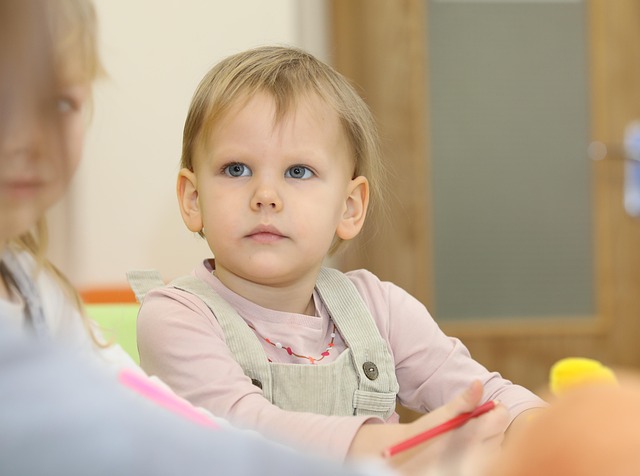Daycare Roles: Skills and Early Childhood Care
Daycare roles encompass a variety of responsibilities centered on supporting children's routines, learning, and wellbeing in settings such as nurseries, preschools, and community childcare centers. Professionals working in these environments combine teaching and caregiving to promote play, social skills, and early childhood development while coordinating with families and local services in your area.

What do nursery and preschool teachers do?
Nursery and preschool teachers plan daily activities that encourage curiosity, language, and motor skills in young children. Typical responsibilities include creating age-appropriate lesson plans, guiding group play, observing developmental progress, and keeping records of learning milestones. Teachers balance structured activities—like circle time and story sessions—with open-ended play to foster independence and creativity. Communication with families about routines and progress is an important part of the role, as is collaborating with colleagues to ensure consistent care across the school or center.
How does early childhood education support learning and development?
Early childhood education uses play-based approaches to introduce basic concepts in numeracy, literacy, and problem-solving while supporting emotional and social growth. Educators scaffold activities to match each child’s developmental stage, using observation to tailor interventions that promote confidence and skill acquisition. Social development—sharing, turn-taking, and cooperation—is cultivated through group activities and guided interactions. Inclusive practices and respect for cultural differences help children feel secure and valued, contributing to positive learning outcomes and smoother transitions into formal schooling.
How are teaching, play, and social skills integrated?
Teaching in daycare settings blends intentional instruction with playful experiences that build essential social skills. Educators design activities where children practice communication, negotiation, and empathy during cooperative play, art projects, and small-group tasks. Guided play allows adults to introduce new vocabulary and problem-solving strategies without interrupting exploration. Regular routines—mealtimes, quiet time, and transitions—also provide opportunities to reinforce manners, independence, and emotional regulation, helping children apply social skills in varied contexts.
What are the key aspects of supervision and safety?
Supervision and safety are central to childcare practice, requiring attentiveness, clear procedures, and teamwork. Staff maintain sightlines, follow ratios appropriate for age groups, and implement policies for emergencies, medication, and illness. Training in first aid and pediatric CPR is commonly required, and ongoing professional development supports safe practices. Emotional safety is also prioritized: consistent routines, predictable responses from caregivers, and supportive behavior management help children feel secure and respected while in care.
How do nutrition and health fit into daily care?
Nutrition and health routines influence children’s energy, concentration, and overall wellbeing. Daycare staff plan or supervise meals and snacks that respect dietary restrictions and allergy protocols, modeling healthy eating and encouraging self-feeding skills. Sleep and toileting routines are coordinated to support development, and staff monitor for signs of illness or developmental concerns, communicating with families and local health services as needed. In larger programs, collaboration with nutritionists or health consultants can guide menu planning and health policies.
Daycare providers, local services, and cultural contexts including Japan
Daycare structures and regulations vary by region, influencing program types from municipal nurseries to private preschools. Professionals often work alongside local services such as family support, early intervention, and public health programs. In countries like Japan, cultural expectations and certification pathways shape daily routines and educator roles; however, foundational goals—safety, learning, and social development—are common across contexts. Below are examples of organizations that operate childcare services and the kinds of offerings they provide.
| Provider Name | Services Offered | Key Features/Benefits |
|---|---|---|
| Bright Horizons | Preschool programs, employer-sponsored childcare, backup care | Structured curriculum, staff development, corporate partnerships |
| KinderCare | Infant to school-age programs, early learning curriculum | Standardized training, varied locations, family engagement resources |
| YMCA Childcare | After-school care, preschool, family programs | Community-focused services, sliding-fee options in some areas |
| Montessori Schools | Early childhood classrooms using Montessori method | Child-led learning, prepared environments, emphasis on independence |
Conclusion
Roles in daycare and childcare settings focus on creating environments where children can play, learn, and develop foundational skills in safety and health. Educators balance teaching, supervision, and caregiving across nurseries, preschools, and community centers, adapting practices to cultural and local service contexts. Understanding these roles highlights the diverse responsibilities involved in supporting children’s early education and overall wellbeing.






